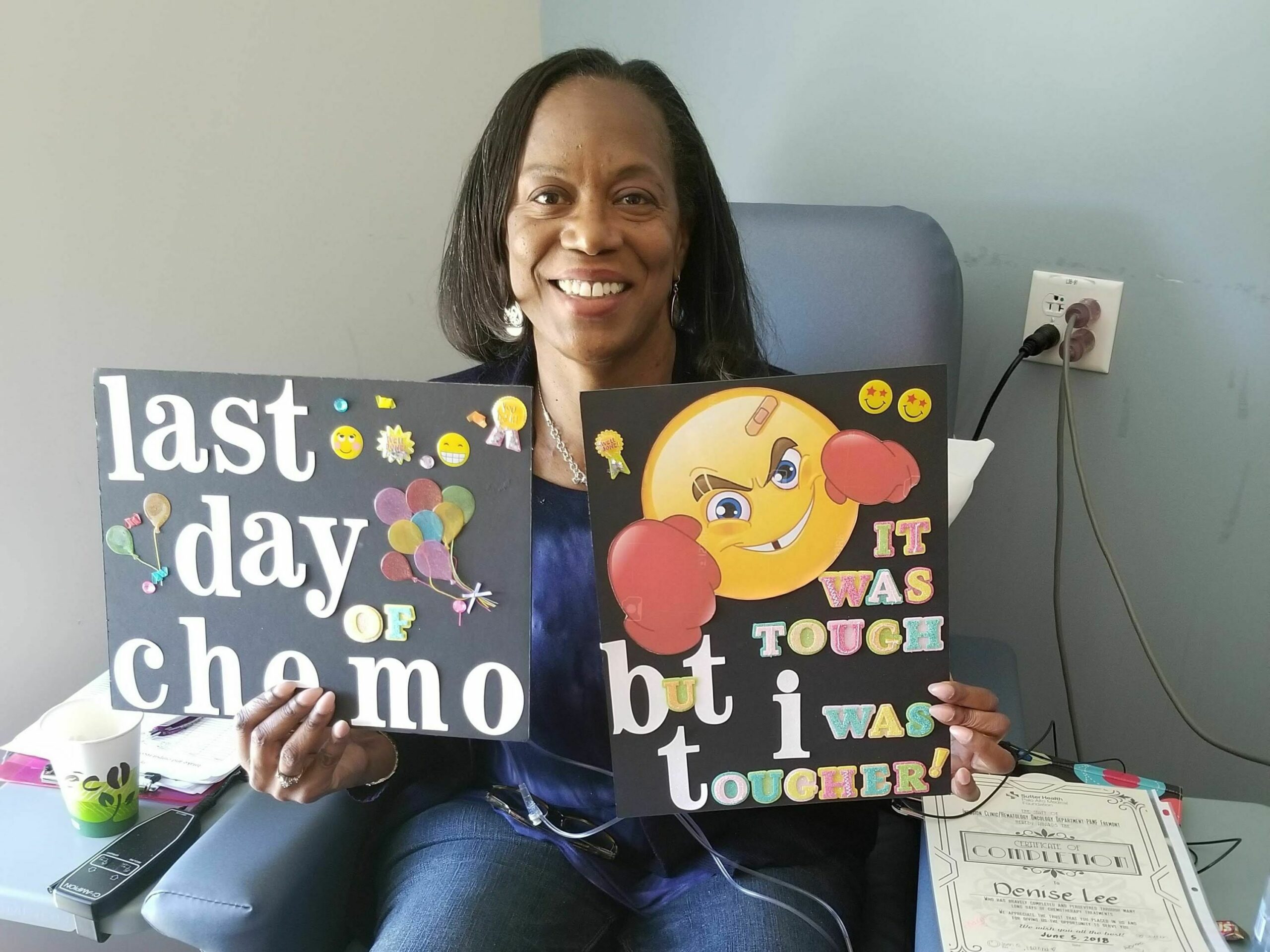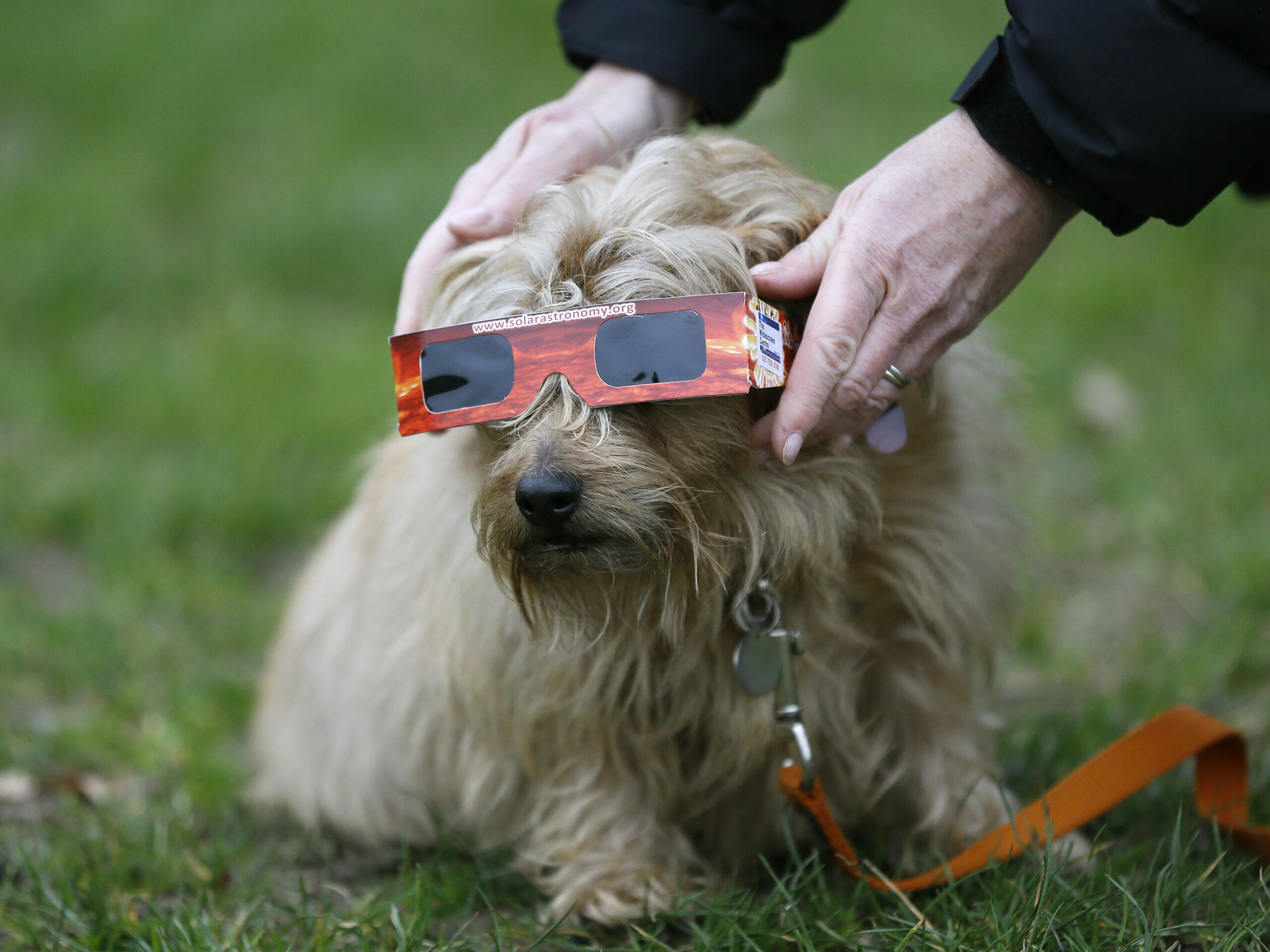Many pet owners will be faced with choosing the right cancer treatment for their pet. Larry Meiller finds out what natural options there are that can compliment more traditional medical approaches.
Featured in this Show
-
Treating Cancer In Pets Can Include Traditional, Alternative Approaches
It’s a sad fact of life that if a pet lives long enough, there is a good chance that they will deal with cancer.
Dr. Carrie Donahue said that just like in humans, pets can develop cancer when cells mutate and the immune system is either unable to address it or doesn’t respond as it should. In those cases, the aberrant cells continue to grow and multiply, often forming tumors, and impacting a wide variety of the body’s systems.
Donahue is the owner and founder of Full Circle Holistic Veterinary Care in Madison, which combines traditional and alternative approaches to keeping pets healthy. She said that while there are some types of cancers that both dogs and cats might have, there are also some types that are specific to one species or the other.
For example, Donahue said, “Cats in particular tend to get more types of sarcomas, which can be related to vaccine administration.”
She pointed out, however, that vaccinations prevent many serious diseases so shouldn’t be avoided to lessen the chance of that kind of cancer. The American Veterinary Medical Association has information on the link between vaccination and sarcomas.
The most common kind of cancer in pets is on the surface of the skin, Donahue said. In many pets, the first sign of potential cancer is often a small, external lump.
“If you ever notice any kind of a lump or bump on your animal,” she said, “it’s always a good idea to take them in to the vet to get that checked out.”
Diagnostics can include a needle biopsy that can be done at the clinic, she said, or a sample of the mass that can be examined under a microscope. If any cell abnormalities are detected, the next step would be to send it to a lab for further analysis to confirm cancer, and to determine what type.
Other than the external cancers, Donahue said that cats and dogs are most likely to suffer from cancers of the gastrointestinal tract, the liver and spleen. Those cancers aren’t as easy to detect, she said, but there are signs. Those include chronic diarrhea or vomiting that don’t respond to usual treatments and don’t run their course.
Donahue said that a general malaise, low energy or a loss of appetite can also indicate a serious condition that hasn’t been detected.
Treating cancer in pets and in humans is quite similar, according to Donahue.
“The veterinary world kind of mimics the human world in that we chemotherapy in animals, we do radiation therapy, and there are a lot of surgeries that can be done to remove those masses,” she said.
In addition to those traditional approaches, Donahue also utilizes a range of alternative and complementary treatments. She said that she uses acupuncture frequently with cancer patients because it stimulates the immune system. That way, the body is more able to fight the cancer itself by “developing that healing power that we all have,” she said.
Other holistic techniques that Donahue uses along with traditional treatments are homeopathy remedies and a variety of herbs.
“If there’s anything that I’d like to get across to people today,” Donahue said, “it’s that as far as cancer treatments and cancer therapies go, there is no black and white, and there is no either or. There are so many options out there.”
Treating the cancer is one issue, but there is also the level of comfort, or pain, that the pet is living with. Donahue said that pet owners should use their knowledge of that individual pet to make the best decisions for them, and that it’s vital to pay attention to quality of life at every step of the way.
“Suffering should never be a part of any sort of therapy or treatment,“ she said.
Episode Credits
- Larry Meiller Host
- Judith Siers-Poisson Producer
- Dr. Carrie Donahue Guest
Wisconsin Public Radio, © Copyright 2024, Board of Regents of the University of Wisconsin System and Wisconsin Educational Communications Board.



